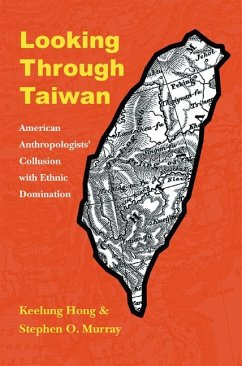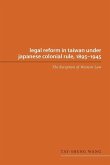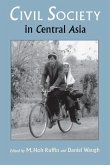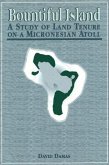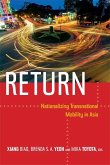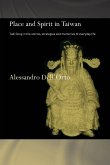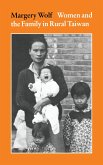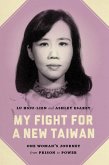Anthropologists have long sought to extricate their work from the policies and agendas of those who dominate-and often oppress-their native subjects. Looking through Taiwan is an uncompromising look at a troubling chapter in American anthropology that reveals what happens when anthropologists fail to make fundamental ethnic and political distinctions in their work. Keelung Hong and Stephen O. Murray examine how Taiwanese realities have been represented-and misrepresented-in American social science literature, especially anthropology, in the post-World War II period. They trace anthropologists' complicity in the domination of a Taiwanese majority by a Chinese minority and in its obfuscation of social realities. At the base of these distortions, the authors argue, were the mutual interests of the Republic of China's military government and American social scientists in mischaracterizing Taiwan as representative of traditional Chinese culture. American anthropologists, eager to study China but denied access by its communist government, turned instead to fieldwork on the Republic of China's society, which they incorrectly and disingenuously interpreted to reflect traditional Chinese society on the mainland. Anthropologists overlooked the cultural and historical differences between the island and the mainland and effectively legitimized the People's Republic of China's claim on Taiwan. Looking through Taiwan is a powerful critique of American anthropology and a valuable reminder of the political and ethical implications of social science research and writing.
Hinweis: Dieser Artikel kann nur an eine deutsche Lieferadresse ausgeliefert werden.
Hinweis: Dieser Artikel kann nur an eine deutsche Lieferadresse ausgeliefert werden.

